The young police officer left behind a note that offers insight into his decision and draws attention to a medical procedure he underwent, sparking questions about its potential impact.
Ryan Kingerski was a dedicated officer and a young man who had long dreamed of following in his father’s footsteps in law enforcement. But after undergoing what was meant to be a routine elective procedure his life took an unexpectedly dark turn.

At just 26, Ryan, a Penn Hills police officer, died by suicide following what his family describes as the devastating effects of Lasik eye surgery. Now, his parents are speaking out, hoping to raise awareness about what they believe are tragic, overlooked risks of the procedure.
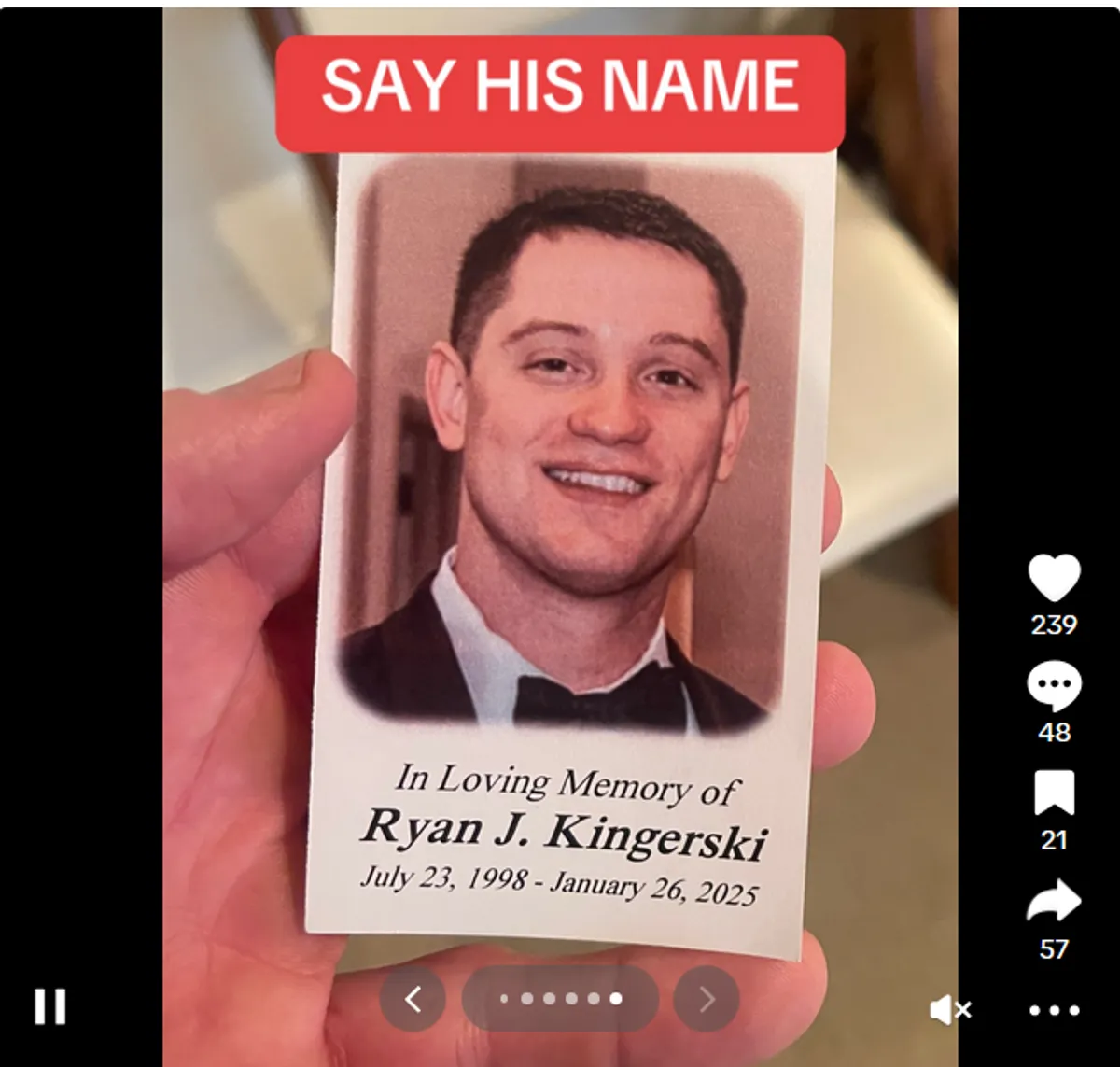
Ryan and his twin brother’s love for policing began early, according to their parents, Tim and Stefanie Kingerski. Stefanie recalled, “They wanted to be policemen since they were little boys. They were always having matchbox cars in each hand and said that they’d be a policeman when they grew up.”
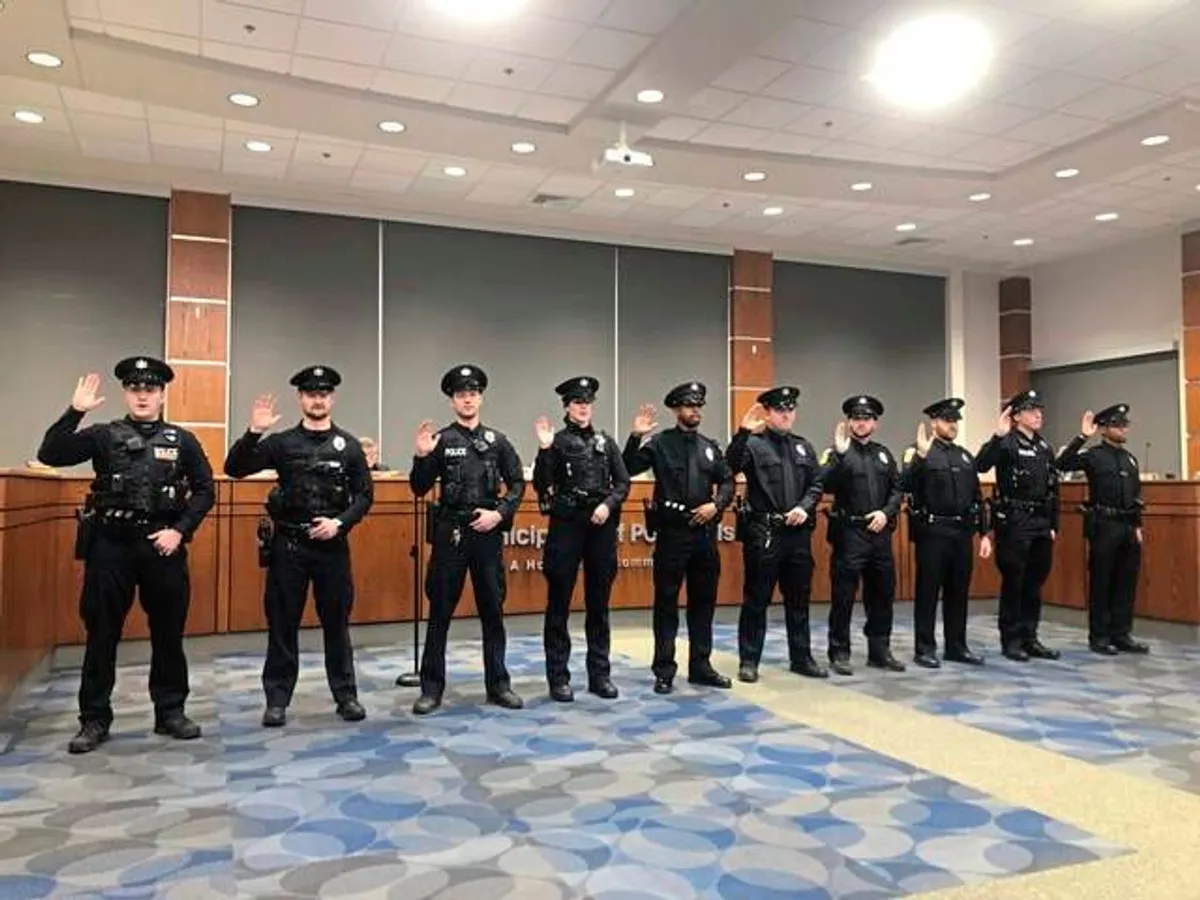
When Ryan eventually joined the Penn Hills force, his family worried about the risks of the job, but not about the eye surgery he enthusiastically looked forward to.

Tim says they believed, like many others, that it was a simple, low-risk procedure, often advertised as offering quick recovery. But the days that followed his surgery were anything but routine.
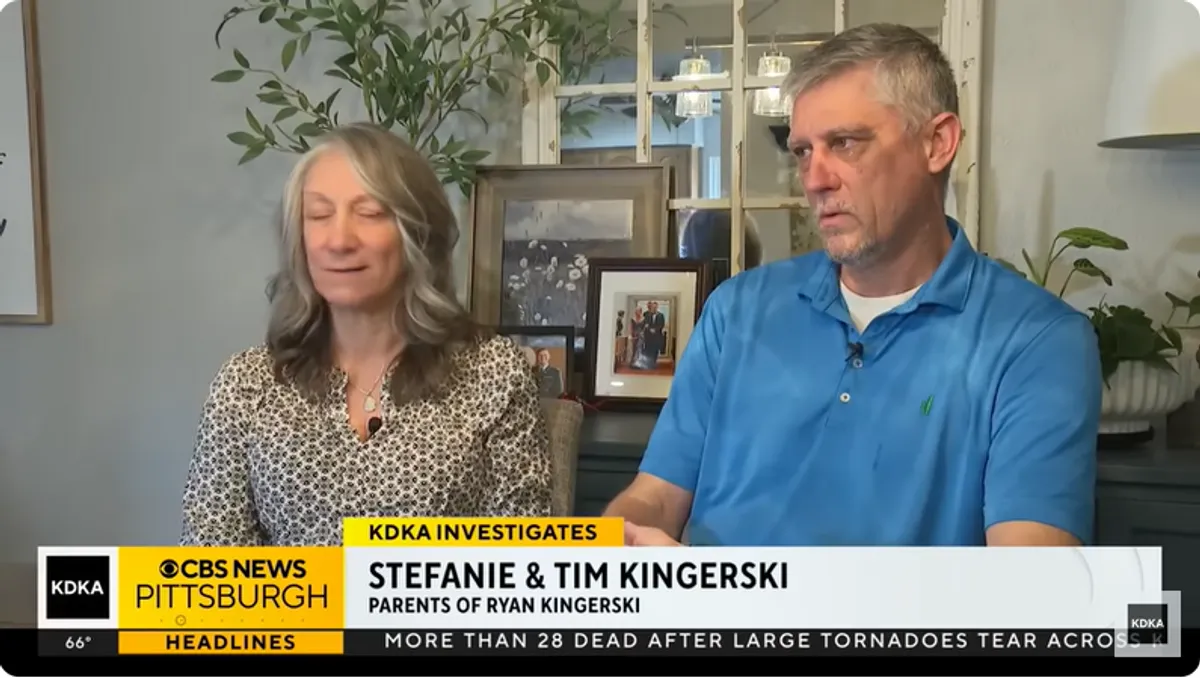
His family says Ryan began experiencing a range of severe side effects, including headaches, floaters, dark spots, and double vision that left him in constant discomfort and distress. He never returned to work.
The Kingerskis describe a heartbreaking change in their son after the procedure. They believe the physical pain and visual disturbances caused by the surgery became unbearable for him.
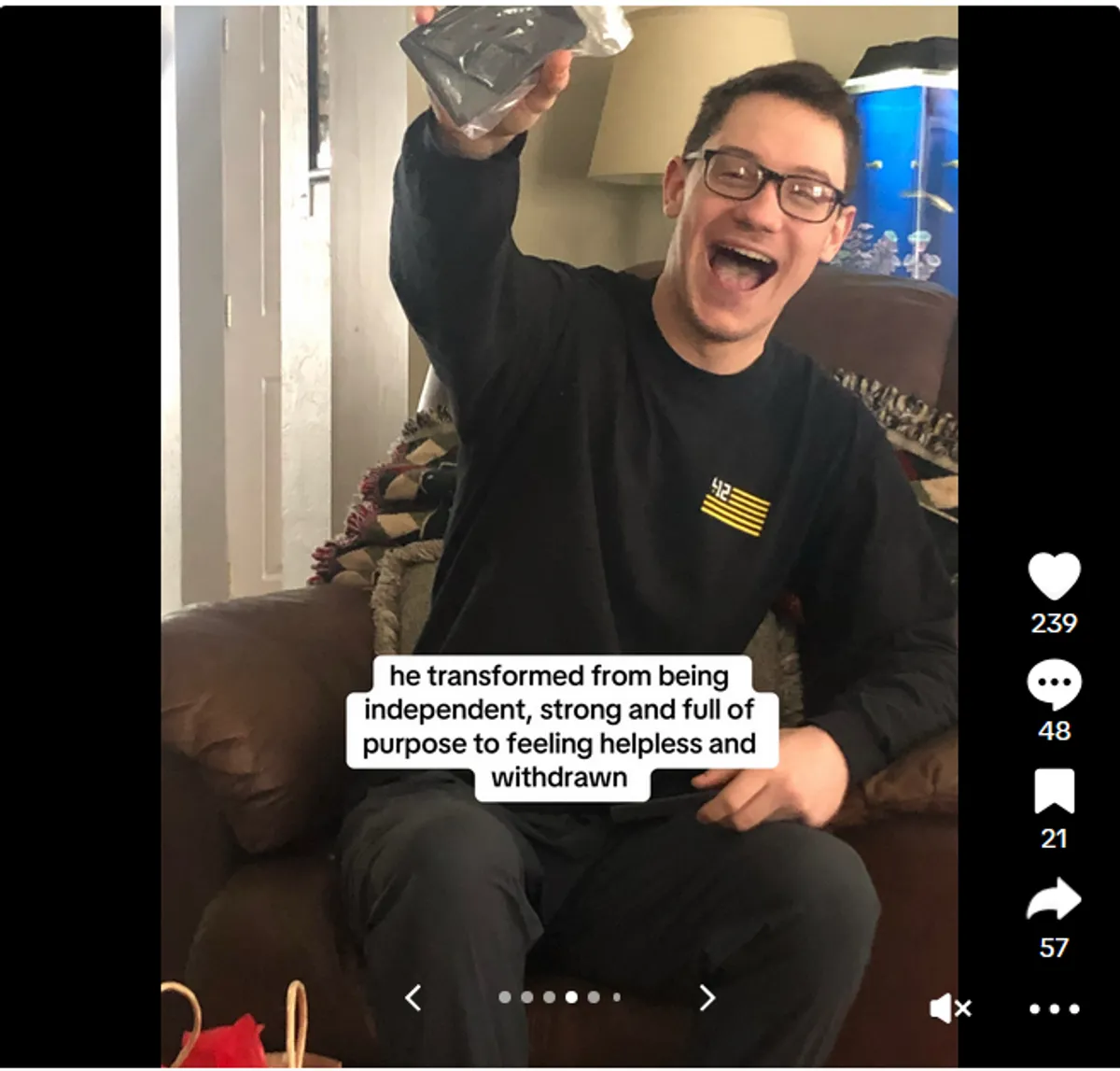
Tim regularly drove Ryan to numerous appointments with various specialists, searching for anyone who might help relieve his son’s ongoing pain. During that time, his parents noted that he was “not good,” “disgusted,” and “full of regret.”
“Regret was the big thing. ‘Why would they do this to me? Why would they not tell me?'” Stefanie shared. Meanwhile, Tim recalled, “He went on social media; he posted his experience. They sent us a letter dropping him as a patien
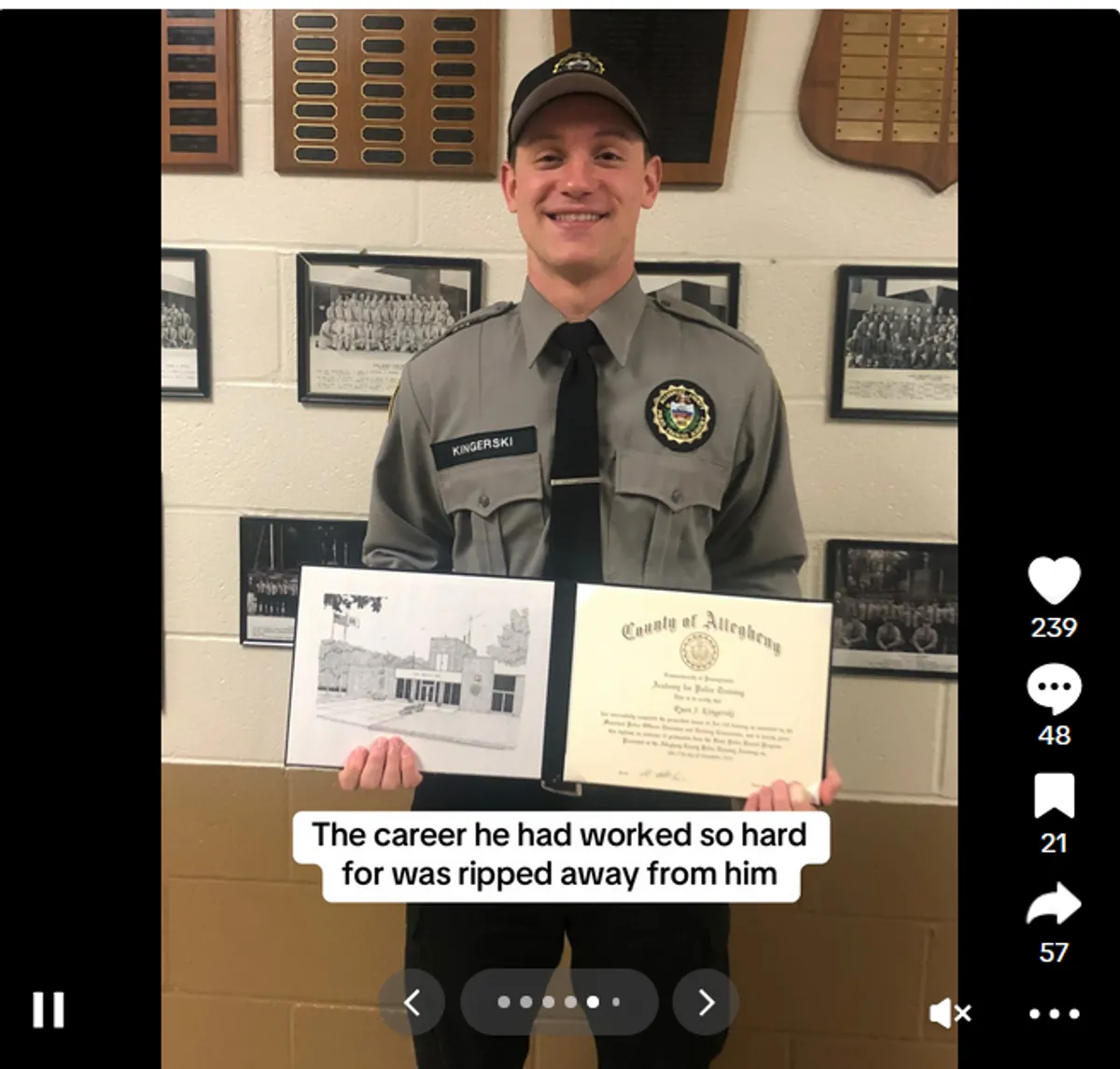
Sadly, Ryan never got the help he needed and in January 2025, he died by suicide. “He left us a note that said, ‘I can’t take this anymore. Lasik took everything from me.’ That’s the note that we got left,” Tim revealed.
While some people may attribute his death to mental health issues, his parents are adamant that this was not the case. “It had nothing to do with mental health, so they are free to judge and say whatever they want to say. I know that my son before his surgery and after his surgery were two completely different people,” declared Tim.

When contacted by a news outlet, LasikPlus, the clinic where Ryan underwent the procedure, declined to speak on camera. In a written statement, the company emphasized that suicide is complex and cannot be attributed to a single factor, adding that there is no clinical evidence linking LASIK to suicide.
They also noted, “Each such patient is provided with a copy of the informed consent form at the pre-operative appointment for review — typically days in advance of the subsequently scheduled treatment. The consent form addresses the recognized risks, benefits and alternatives of the proposed procedure.”
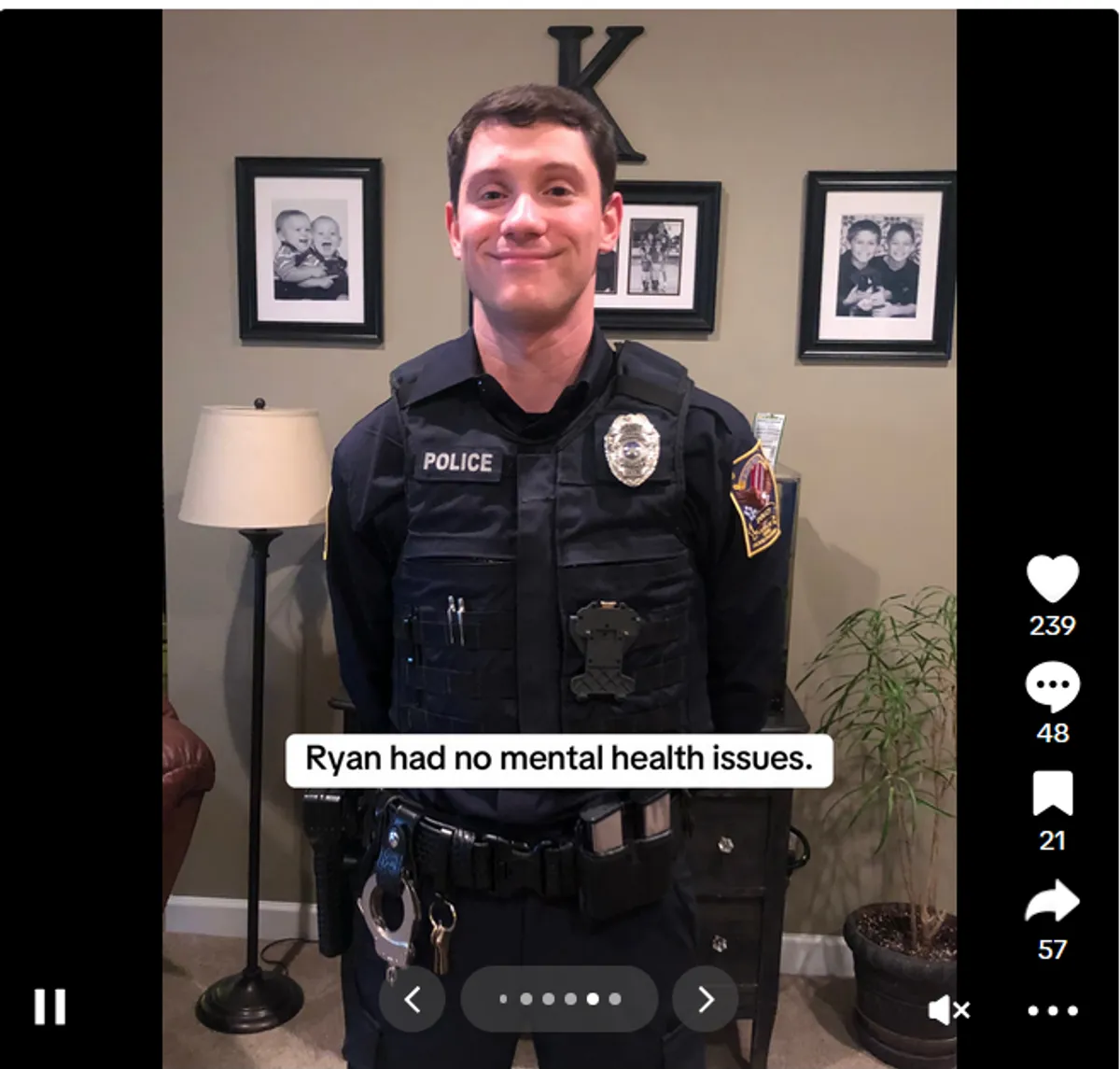
Ryan’s story was also shared on a social media platform run by Hayden Hutchins, who also experienced complications from Lasik and now dedicates hours each day to raising awareness about the procedure.
Hayden said stories like Ryan’s are sadly common, with many patients being told they were ideal candidates for a surgery described as safe and routine.
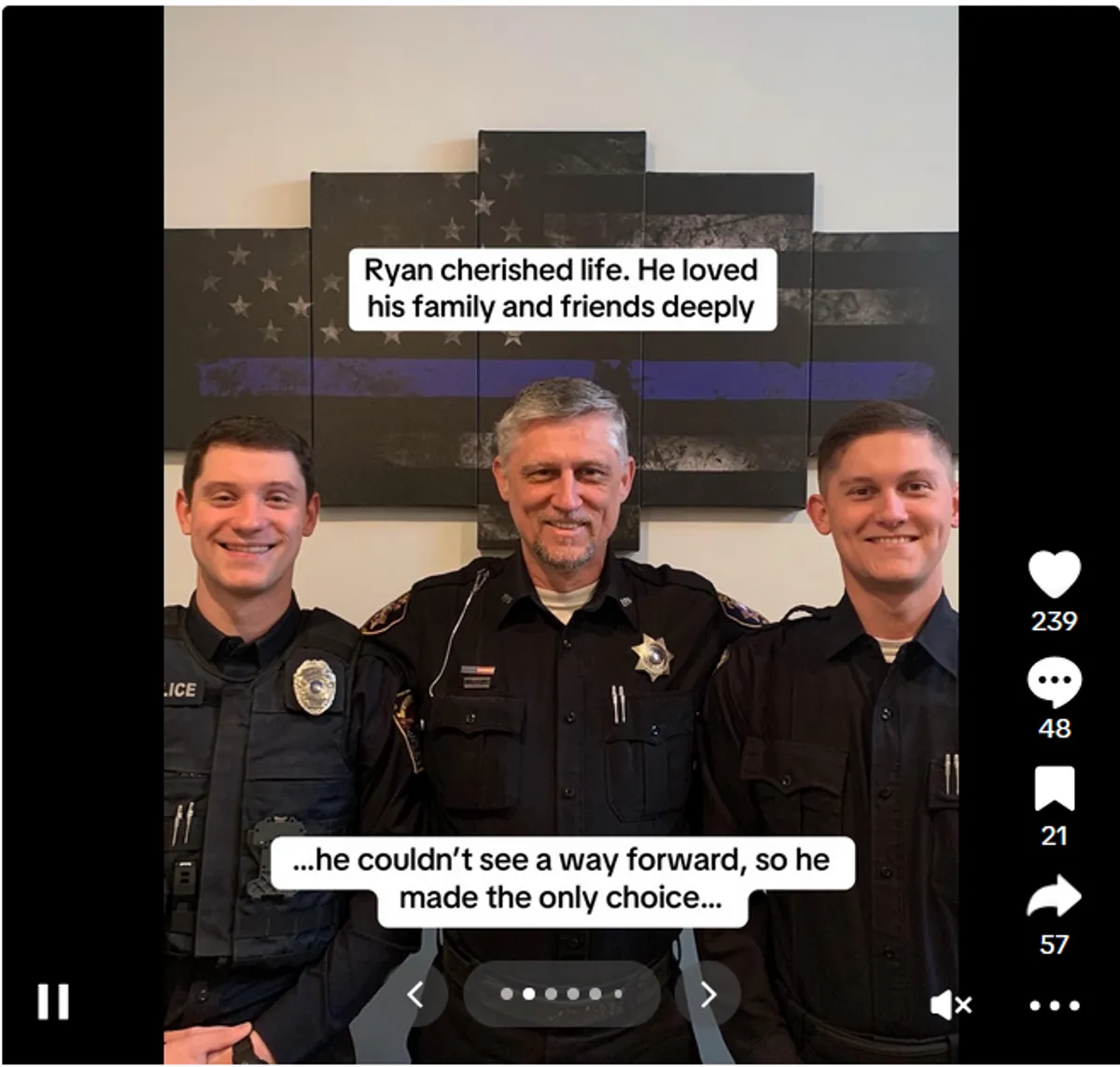
Tim, who accompanied his son on the day of the operation, claims they were given similar reassurances. Hayden believes that, like in his own case, patients often feel overlooked after experiencing unexpected complications.
“They are met with dismissal, gaslighting, you know, that ‘They’re still healing. They’ll be fine. It’s nothing to worry about,'” Hayden shared.Each year, around 500,000 Americans opt for Lasik eye surgery, and according to the American Refractive Surgery Council, complications occur in less than 1% of cases—a statistic often cited to highlight the procedure’s overall success.
But for Ryan’s parents, even one life lost is one too many. “I just know a guy who talked about how fabulous his life was and how happy he was. We now visit in a cemetery,” Stefanie said.
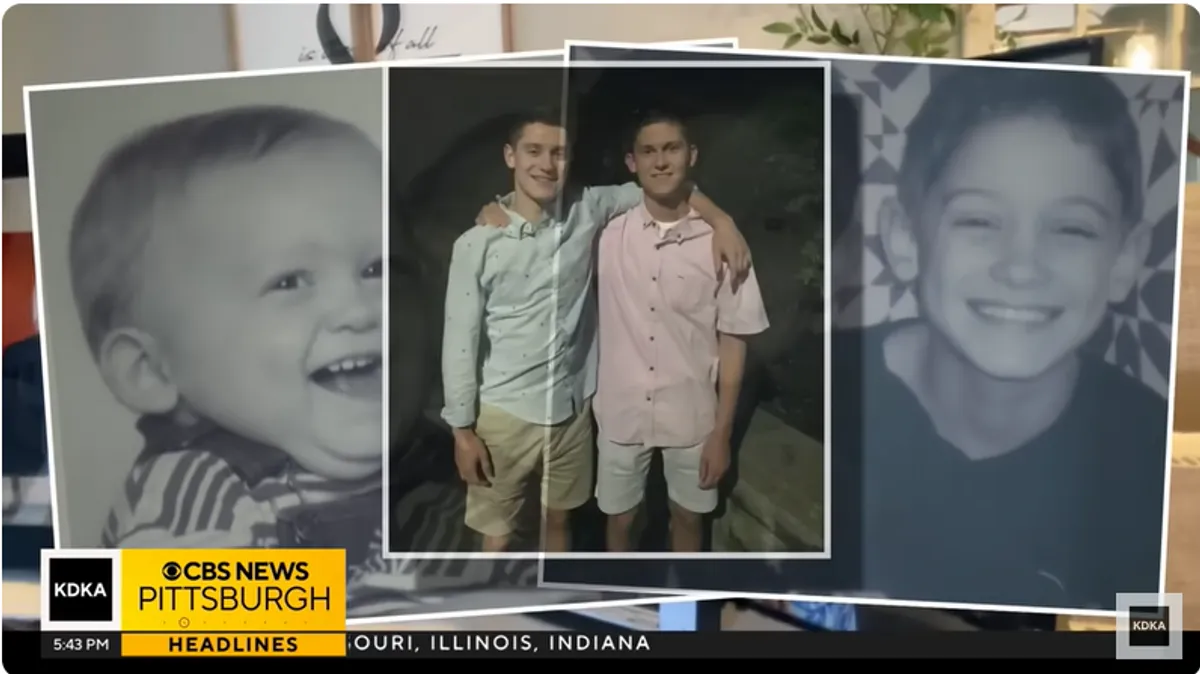
Ryan’s loss has also left a profound impact on the Penn Hills Police Department, where he was not just a coworker, but a deeply valued member of their police family.
The department said, “Officer Kingerski served with unwavering commitment and professionalism, always putting the safety and well-being of our community first. This loss is felt deeply by all of us who had the honor to work alongside him.”

